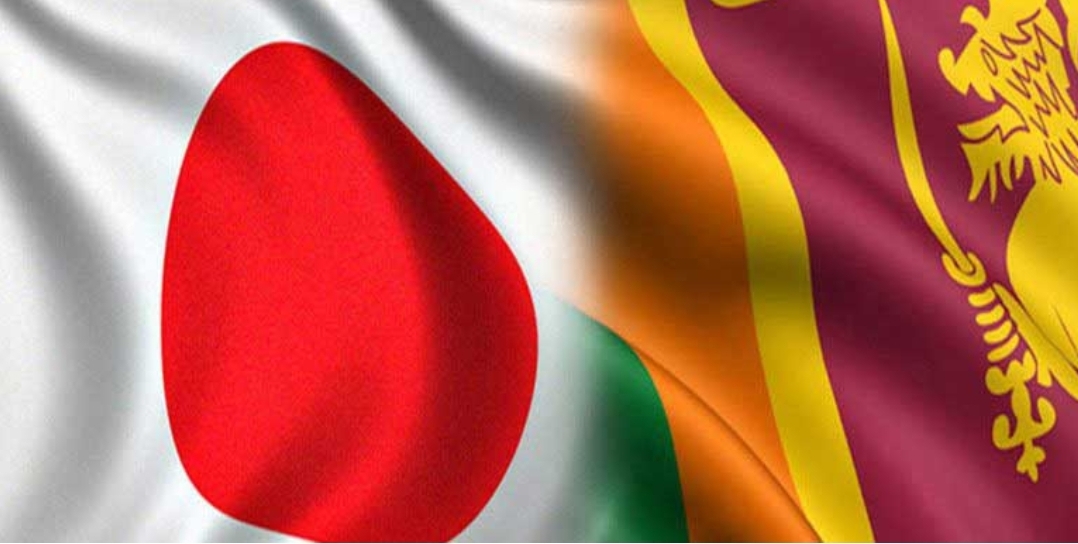
Japan Prime Minister Yoshihide Suga said Wednesday night the government will temporarily suspend an arrangement allowing business travelers from 11 Asian countries and regions to enter Japan, effectively banning the entry of nonresident foreign travelers.
At a news conference, Suga explained that the government had changed its position to temporarily halt all business travel as new COVID-19 infections spread domestically, saying that additional steps needed to be taken at borders to prevent new coronavirus variants from entering the country.
“To protect people’s lives and livelihoods, and to remove potential risks (over the pandemic), I have decided to temporarily suspend” the entry of foreign business travelers, Suga said.
In addition to “the deeply troubling” domestic coronavirus situation, there were cases of a cluster attributed to a variant from an individual who returned from the U.K. and of another new variant from several individuals who returned from Brazil, Suga said, explaining the reason behind the decision.
The entry restrictions will take effect from Thursday through Feb. 7, when the state of emergency declared for 11 prefectures is set to expire.
Immigration authorities already halted new entries of nonresident foreign nationals in December following the discovery of a deadly new strain of the coronavirus in the United Kingdom. However, authorities preserved the travel mechanism for business travelers to minimize disruptions to economic activities, Suga’s top priority.
Japanese and foreign nationals with valid legal statuses are permitted to return to the country under the latest entry restrictions.
The prime minister had previously said last week that business entry would be immediately suspended once a variant is detected in a participating country.
The latest policy announcement is essentially a concession by Suga, who had been said to be hesitant to halt business travels over the economic repercussions. Even some of his fellow conservative Liberal Democratic Party lawmakers have pressed him to implement restrictions on business travels to beef up border control measures.
The countries and regions affected are:
- Vietnam
- China
- South Korea
- Taiwan
- HongKong
- Myanmar
- Thailand
- Cambodia
- Singapore
- SriLanka .
- Malaysia
Japan has additionally concluded mutual “business track” agreements with China, Vietnam, South Korea and Singapore to facilitate exchanges. Under the framework, business travelers from those four countries as well as Japan are exempted from quarantine at an airport but are required to obtain a negative result from a virus test before departing. The travelers are exempted from a 14-day self-quarantine period in exchange for the submission of an activity plan.
Between Jan. 4 and last Sunday, as many as 11,546 people, mainly from Vietnam and China, had entered Japan using the reciprocal business travel programs, according to Justice Ministry data. (JapanTimes)